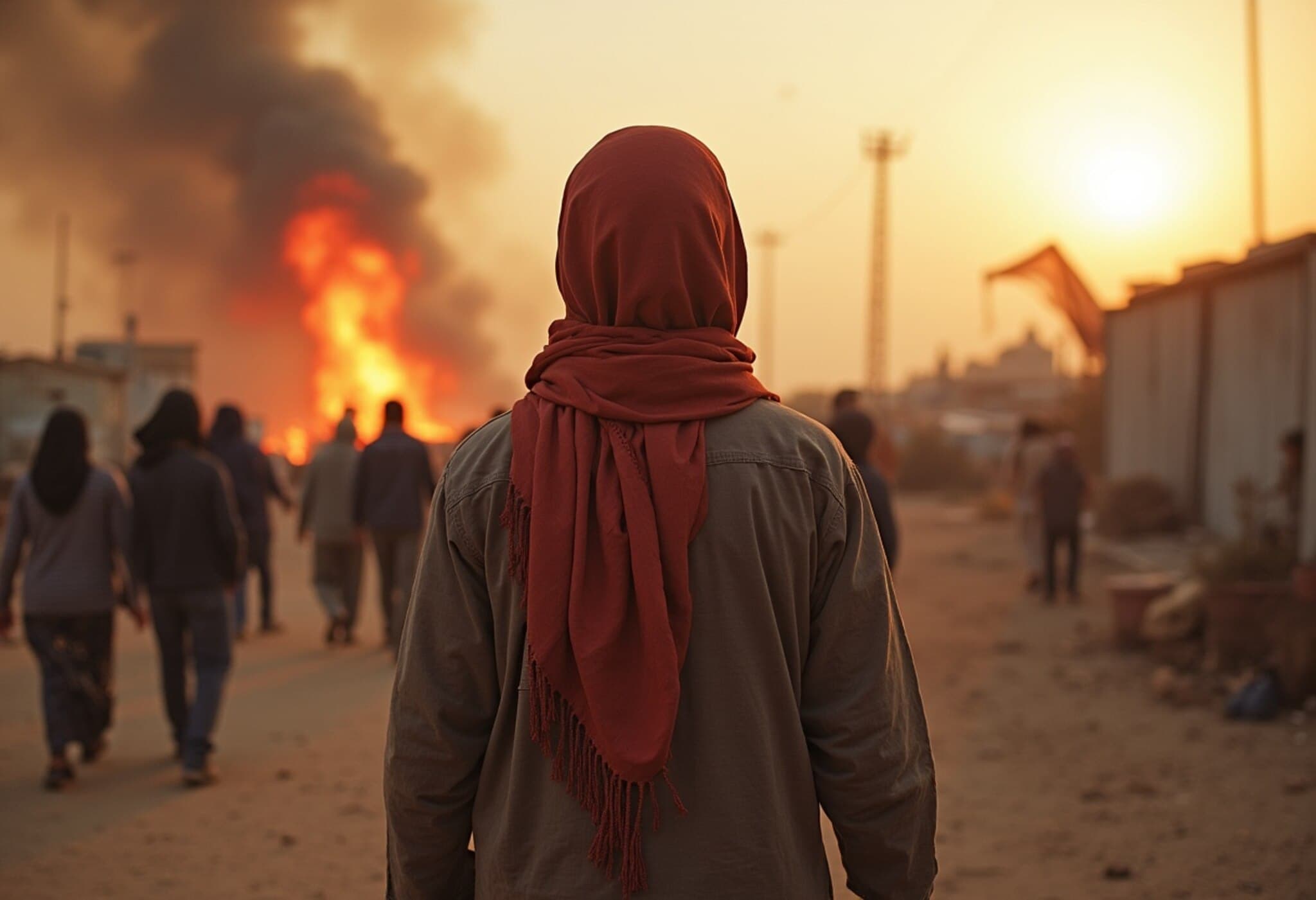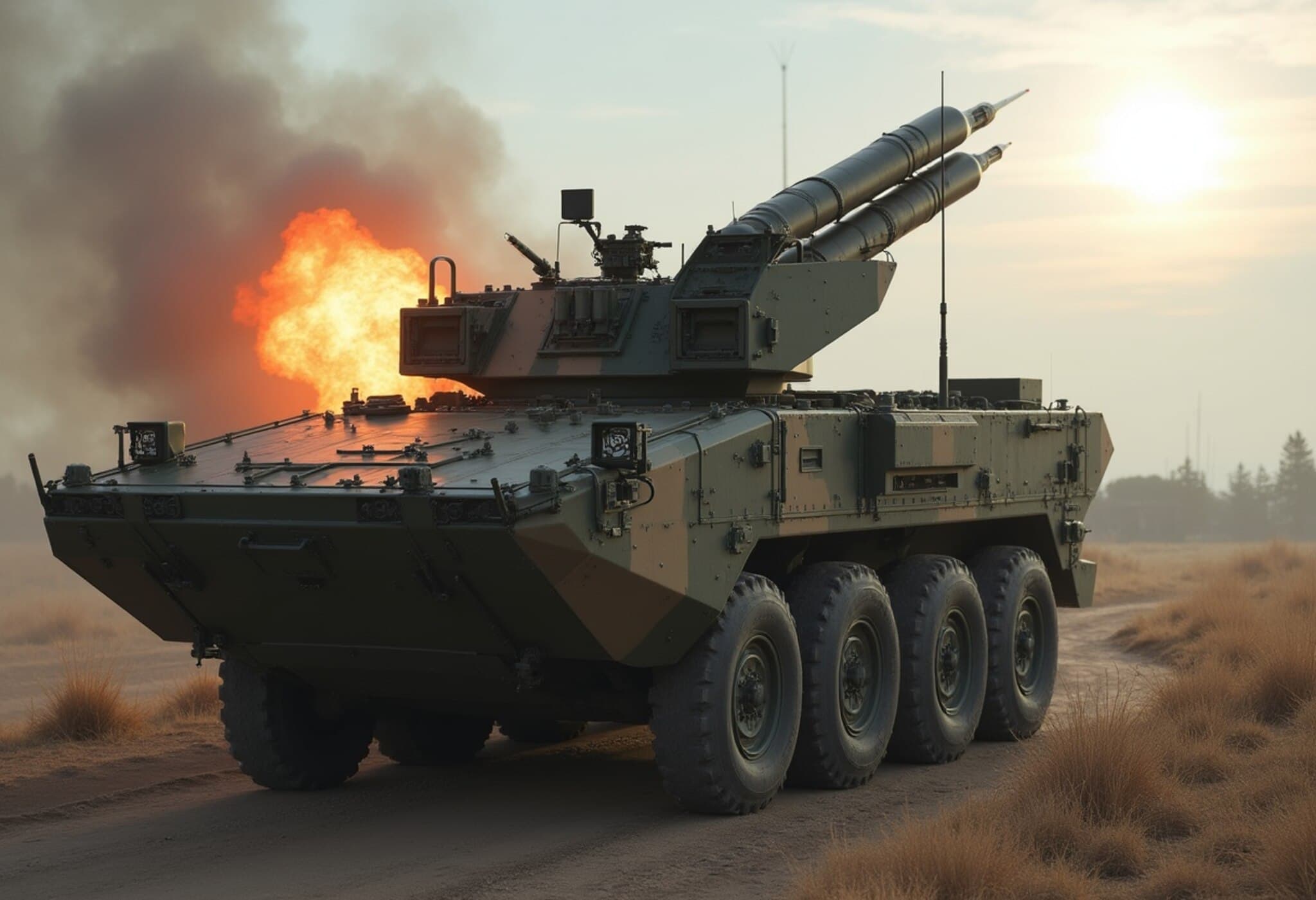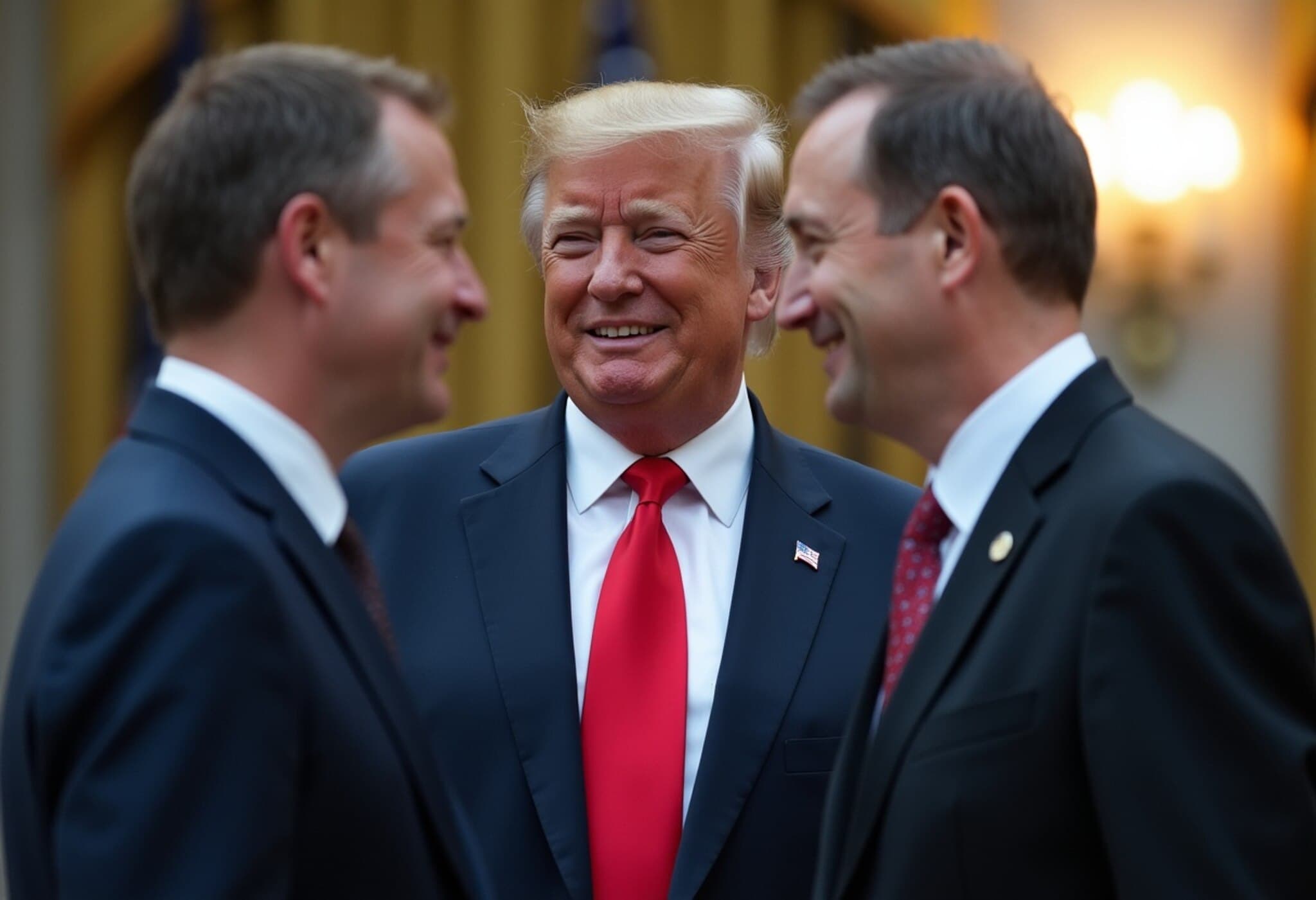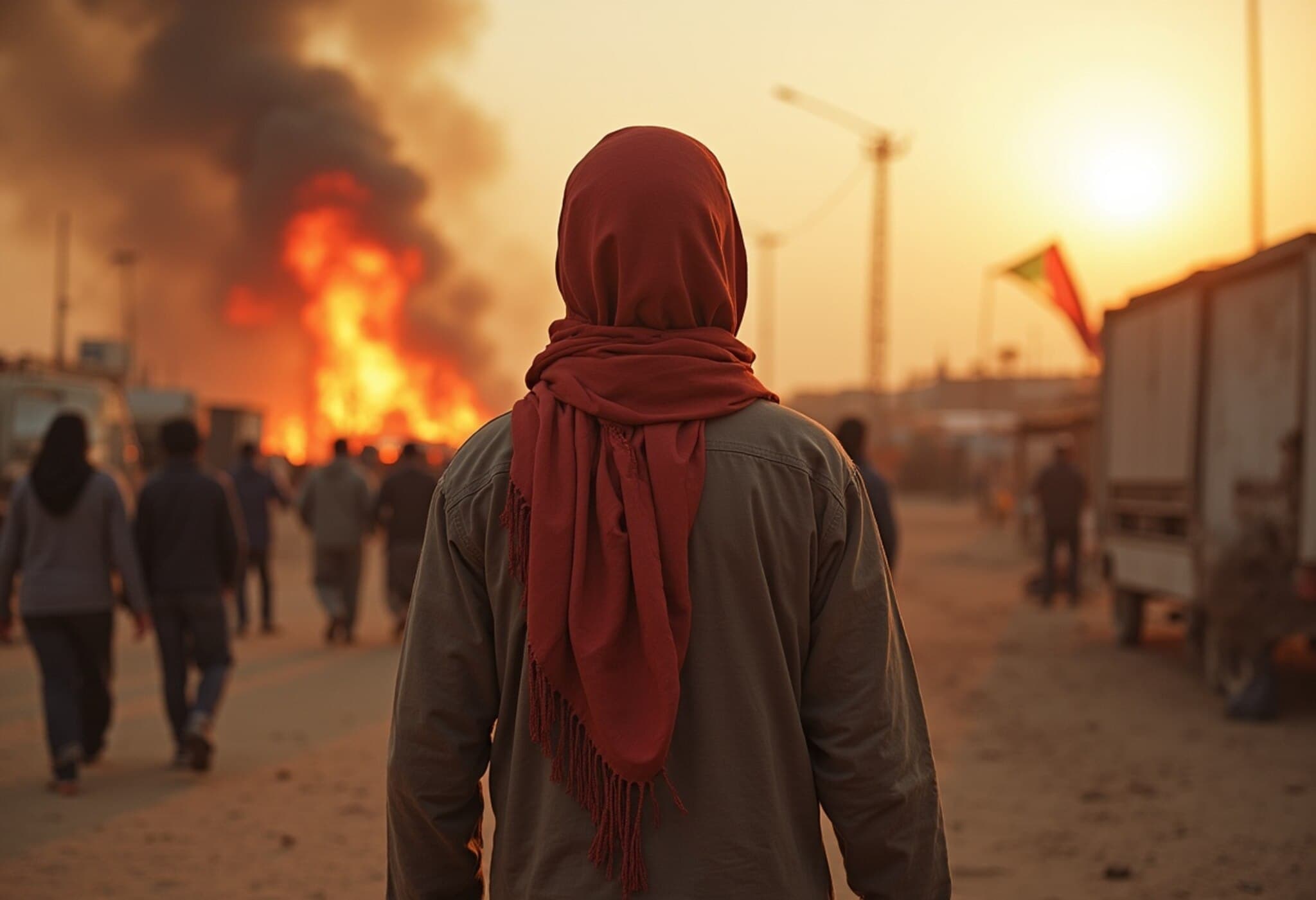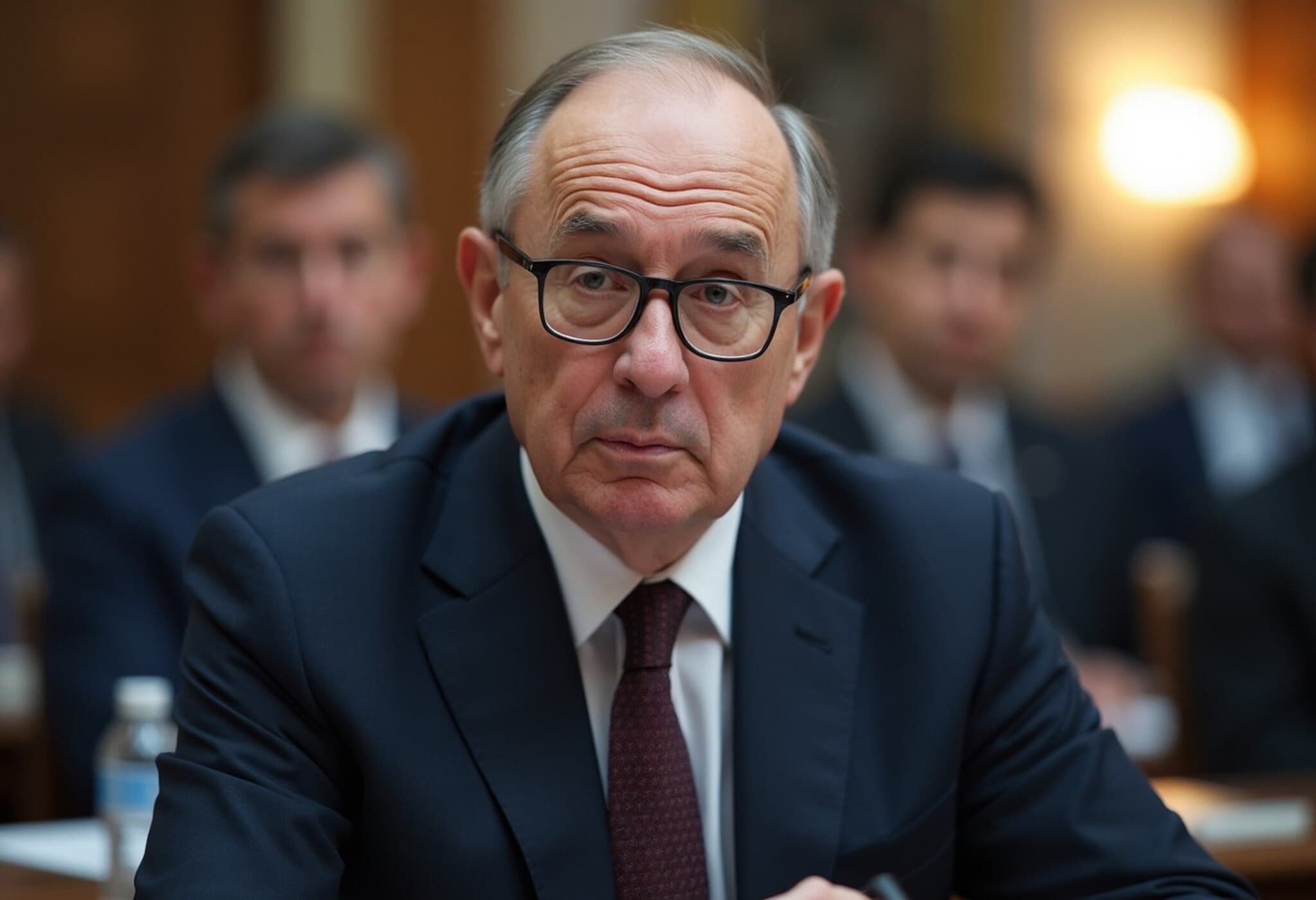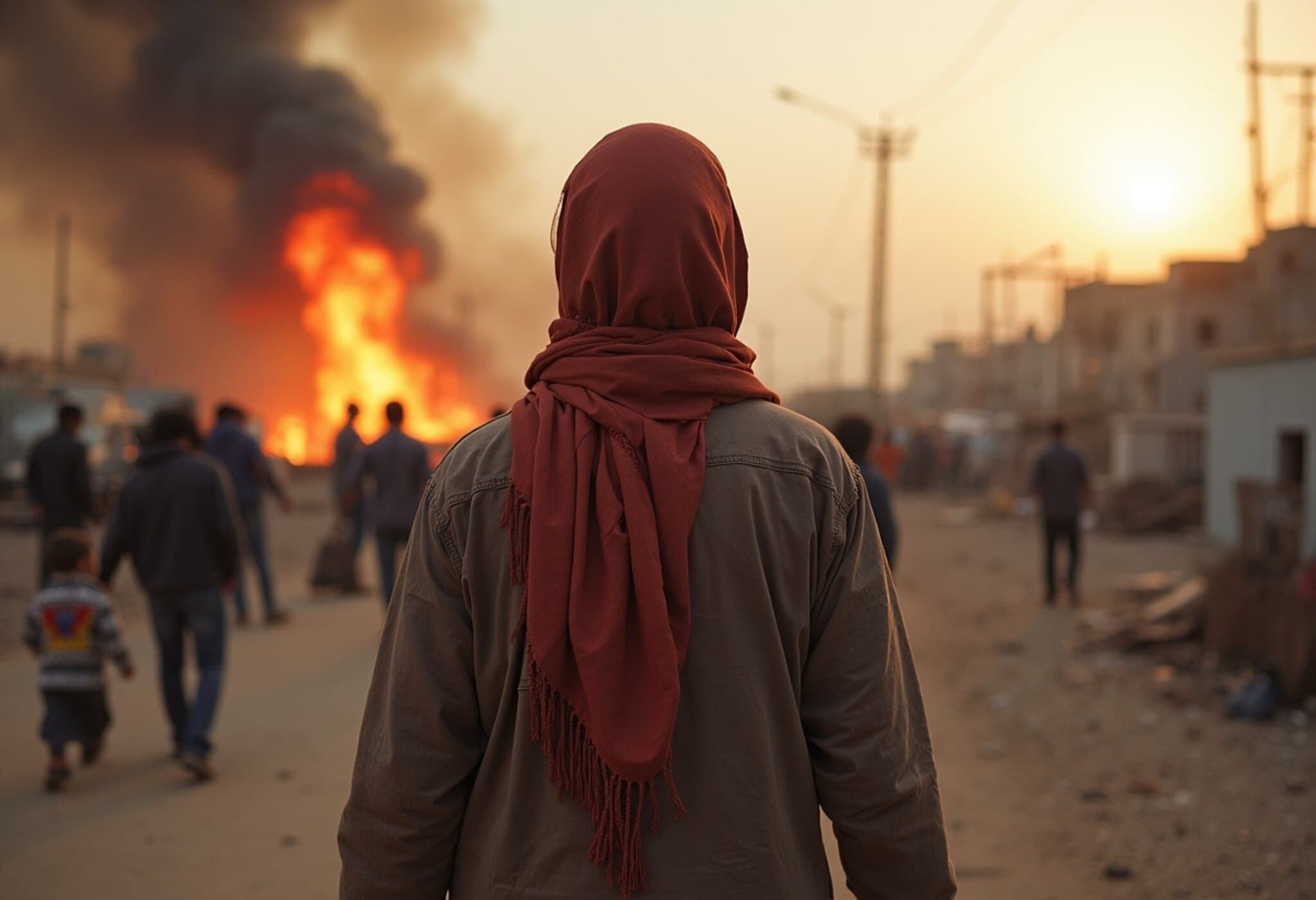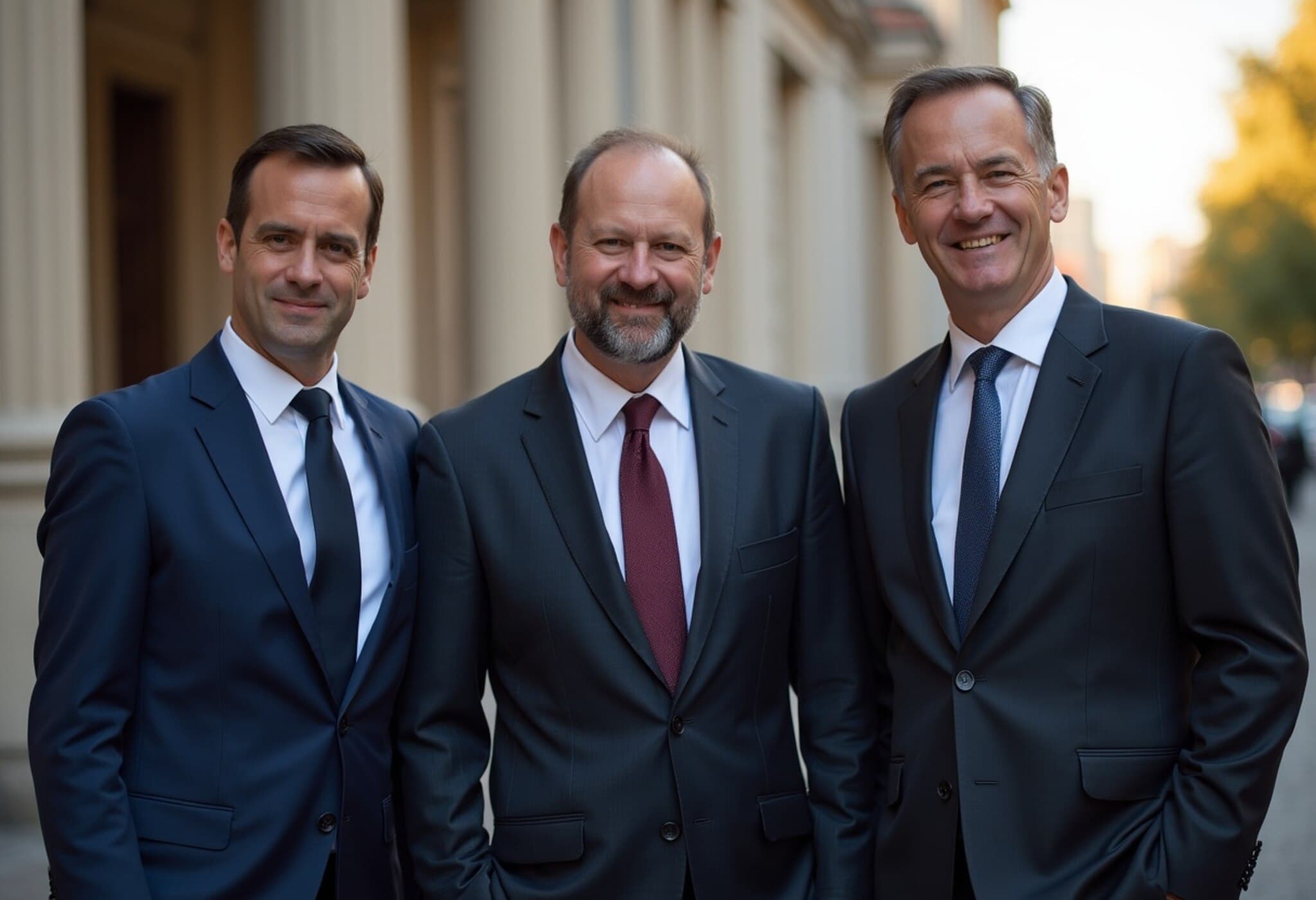UN Security Council Calls Out 'Man-Made Famine' in Gaza
In a rare display of international consensus — albeit without the United States — 14 of the 15 United Nations Security Council (UNSC) members have condemned the famine gripping Gaza as a man-made crisis. The council’s joint statement urgently calls for an unconditional ceasefire, the release of hostages held by Hamas, and the immediate lifting of restrictions on humanitarian aid deliveries by Israel to alleviate the escalating humanitarian disaster.
Famine Declared in Gaza: A Human Tragedy
The Integrated Food Security Phase Classification (IPC) reported last Friday that Gaza is officially experiencing famine conditions, marking the first such declaration in the Middle East region in recent memory. According to UN data, approximately 500,000 people are affected, with children among the most vulnerable victims of malnutrition.
Trishala Persaud, Guyana’s deputy permanent representative to the UN, voiced deep concern: "We express our profound alarm and distress at the IPC data on Gaza. Every day, more persons are dying as a result of malnutrition. Many of them children." Her words underscore the urgency of the crisis and the ethical imperative for immediate intervention.
The Legal and Moral Weight Against Starvation as a Weapon
International humanitarian law explicitly prohibits using starvation as a weapon of war. The Security Council's condemnation highlights the critical legal framework designed to protect civilians in conflict zones. This represents not only a humanitarian stance but also an assertion of international legal norms against tactics that target civilians through deprivation.
US Voices Skepticism
Contrasting sharply with its Security Council peers, the United States has raised questions about the validity of the UN famine declaration. US Ambassador to the UN, Dorothy Shea, criticized the report’s credibility and methodology, stating it “doesn’t pass the test on either.” However, Shea emphasized the US commitment to addressing real hunger and humanitarian needs in Gaza, underscoring the complexity of balancing humanitarian concerns with geopolitical considerations.
Behind the Scenes: High-Level US Policy Discussions
Meanwhile, on the political front, former President Donald Trump held a key meeting involving senior White House officials, former British Prime Minister Tony Blair, and former White House adviser Jared Kushner. According to Reuters, the gathering focused on strategic discussions around three main pillars:
- Humanitarian aid delivery
- The hostages’ situation
- Long-term post-war reconstruction
Both Blair and Kushner have longstanding experience in Middle East affairs, suggesting the conversation was geared toward shaping potential policy pathways and exploring diplomatic leverage points.
What Lies Ahead: Critical Questions and International Responsibility
This unfolding crisis raises profound questions about the global community's ability to enforce international law and effectively respond to humanitarian emergencies amid geopolitical tensions. The US’s hesitation to fully endorse the famine declaration reflects deeper divisions impacting international consensus on Gaza.
Meanwhile, with thousands at risk of starvation, the urgency for immediate, unhindered humanitarian access remains paramount. The debate is not merely legal but profoundly human: how do we prevent civilian populations from being weaponized in conflicts without losing sight of political realities?
Editor’s Note
The UN’s rare and resolute condemnation of the Gaza famine as "man-made" casts a sharp spotlight on the dire humanitarian crisis unfolding in one of the world’s most volatile regions. While the US’s dissenting stance introduces complexity, the unanimous call from the rest of the Security Council signals widespread recognition of the crisis' gravity. Readers should consider the humanitarian catastrophe not just as a distant geopolitical issue, but as a pressing moral challenge confronting international law and diplomatic action. As the situation develops, questions remain: Will humanitarian imperatives override political divides? Can international law serve as a stronger deterrent against starvation as a weapon? How will prolonged conflict reshape the region? These are the conversations that demand our attention beyond breaking headlines.

